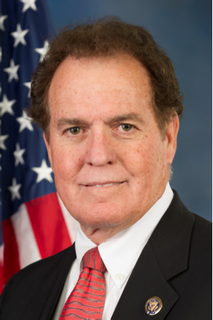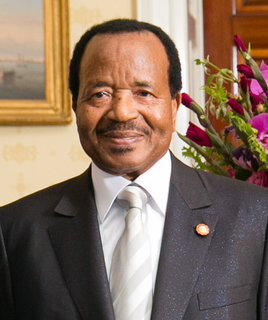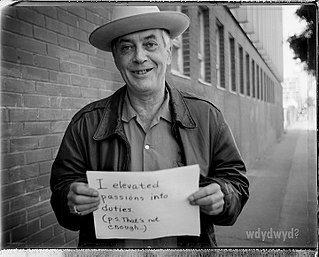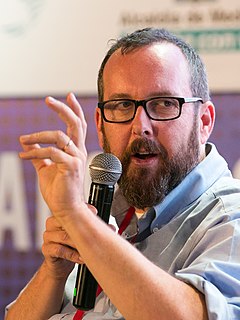A Quote by Phil Gingrey
People need to look beyond just the immediate victory... There are no permanent victories.
Related Quotes
What we know is that the environmental movement had a series of dazzling victories in the late '60s and in the '70s where the whole legal framework for responding to pollution and to protecting wildlife came into law. It was just victory after victory after victory. And these were what came to be called 'command-and-control' pieces of legislation.
Great art is more than a transient refreshment. It is something which adds to the permanent richness of the soul's self-attainment. It justifies itself both by its immediate enjoyment, and also by its discipline of the inmost being. Its discipline is not distinct from enjoyment but by reason of it. It transforms the soul into the permanent realization of values extending beyond its former self.
...This is the first time I have met someone who seeks out people and who sees beyond. [...] We never look beyond our assumptions and, what's worse, we have given up trying to meet others; we just meet ourselves. We don't recognize each other because other people have become our permanent mirrors. If we actually realized this, if we were to become aware of the fact that we are alone in the wilderness, we would go crazy. [...] As for me, I implore fate to give me the chance to see beyond myself and truly meet someone.
There is a cultural norm on the left of being afraid to declare victory, which is related to the binary of reform/revolution. Whereas reformists are winning small gains, revolutionaries don't want people to be satisfied with those small victories because they worry this will lead to acceptance of the bigger picture of capitalism domination, and so they find a way to turn every victory into a defeat. In the book, I call for a culture of declaring victory wherever we can.
The rise of Breitbart is directly tied to being the voice of that center-right opposition. And, quite frankly, we're winning many, many victories. On the social conservative side, we're the voice of the anti-abortion movement, the voice of the traditional marriage movement, and I can tell you we're winning victory after victory after victory.


































